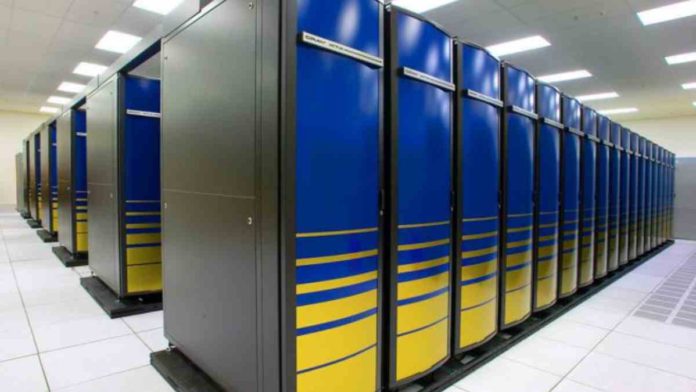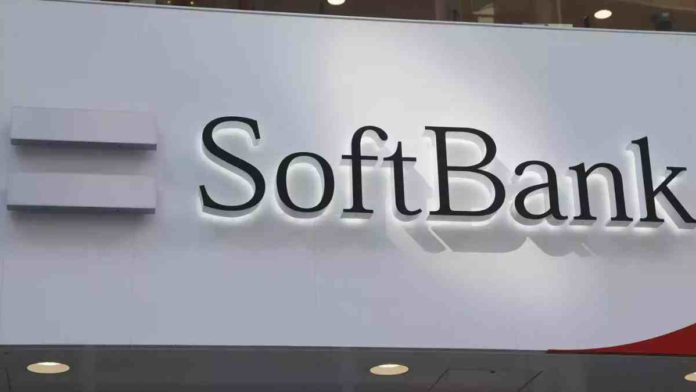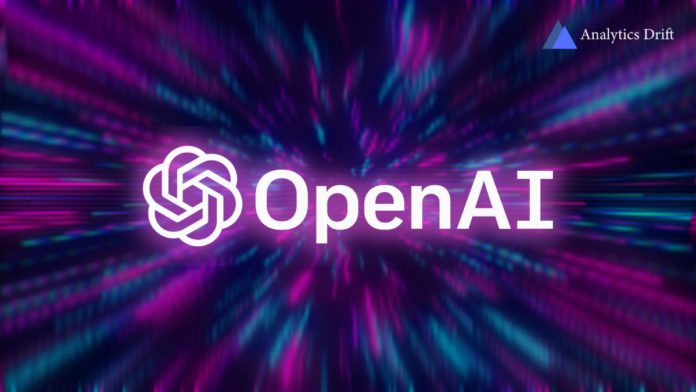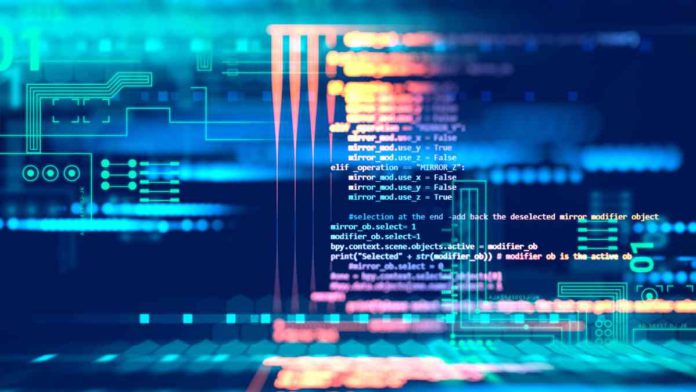Google DeepMind has introduced an AI program, AlphaMissense, capable of discerning whether millions of genetic mutations pose harm or are benign, aiming to expedite research and diagnosis of rare disorders. AlphaMissense focuses on missense mutations, where a single letter in the DNA code is altered, potentially disrupting protein function and causing diseases like cystic fibrosis, sickle-cell anemia, cancer, and brain developmental issues.
The researchers utilized AlphaMissense to evaluate 71 million single-letter mutations affecting human proteins. With a 90% precision setting, it identified 57% of missense mutations as likely harmless, 32% as probably harmful, leaving uncertainty regarding the rest. To benefit geneticists and clinicians, they’ve shared the predictions through a free online catalog.
While the human genome typically contains 9,000 missense mutations, less than 2% of over 4 million observed in humans are classified as benign or pathogenic. Existing computer programs for predicting disease-driving mutations lack precision.
Read More: Another Group of Writers Sues OpenAI over Copyright Infringement
AlphaMissense, inspired by DeepMind‘s AlphaFold, which predicts 3D protein structures, outperforms current “variant effect predictor” programs, aiding experts in swiftly identifying disease-driving mutations. It may also uncover novel links between mutations and specific disorders, offering guidance for improved treatments.
AlphaMissense was trained on human and primate DNA data to distinguish common, likely benign missense mutations from rare, potentially harmful ones. It also learned the protein “language” by analyzing millions of protein sequences to recognize a “healthy” protein structure.
Although AlphaMissense generates risk scores for mutations, it cannot elucidate the precise mechanisms of harm. Dr. Jun Cheng likened its operation to human language, where word substitutions can change sentence meaning. Professor Joe Marsh, a computational biologist at Edinburgh University, uninvolved in the project, recognizes AlphaMissense’s promising potential.











